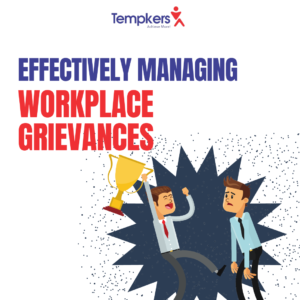
Making Critical Manpower Decisions
One critical decision every HR professional is faced with is ensuring that the manpower needs of a company is met. This means that we have

Turning down a job interview should be done in a cordial and polite manner. Here, we’ll unpack tips how to decline an interview.
If you are thinking about declining a job interview, then you probably have reasons that influenced your decision. Still, it is a good idea to identify those reasons and think about whether or not you really want to decline the interview. Some common reasons for wanting to decline a job interview include: Receiving a job offer from a different company having concerns about the commute, pay, or management
If you’re going to cancel an interview, you must give them ample time to make alternative arrangements. No one likes being cancelled at the last minute, so give the other party enough time to comfortably see your email.
Any interview cancellation email must be written professionally and you must be courteous and polite. As an employer, you must leave a good impression of your company on the candidate and as a candidate, you must ensure that the employer isn’t put off by your email.
Conducting an interview or appearing for an interview is a lot of work, so if you must cancel the interview, make sure that you apologize to the other party. It’s very likely that they took great pains to prepare for the interview and now they’ll have to do it all over again.
If the employer contacted you via email, then you should send your message via email as well. If the employer has contacted you by phone, then you should pick up the phone to deliver your message. Don’t send a fax or letter via snail mail unless you have been contacted by the employer using these methods.
Be factual whether you will be sending your message or delivering it over the phone, you should write out your message. Ensure that you follow a good template when declining a job interview offer: such as
It’s important to note that it’s not always wise to decline an interview if you don’t want the job because there are situations where it might still be advantageous to chat with someone. For example, suppose you don’t want the job solely on something that could be negotiated (like a job title, a reasonable salary increase, or flexibility). In that case, it’s worth talking to the recruiter or hiring manager to see if there is room for negotiation. Similarly, suppose you’re not interested in the job, but the employer.

One critical decision every HR professional is faced with is ensuring that the manpower needs of a company is met. This means that we have

What is Hazard pay? This is a payment that is made in addition to a worker’s regular salary as a bonus for accepting a job

Have you ever driven your car on 2,3 or 4 flat tires for 10 kilometres ? How did it feel? What was the impact of

Your ability to effectively manage Grievance, can make you a star In a workplace grievances must happen, your ability to effectively manage them makes you

Every CEO desires to have a dream team. People who would come together and give their best to running and growing the business. Most times

In this HR series, we will be discussing FORECASTING How many eyes do you have? Many years ago as children, we were playing hide and
WhatsApp us